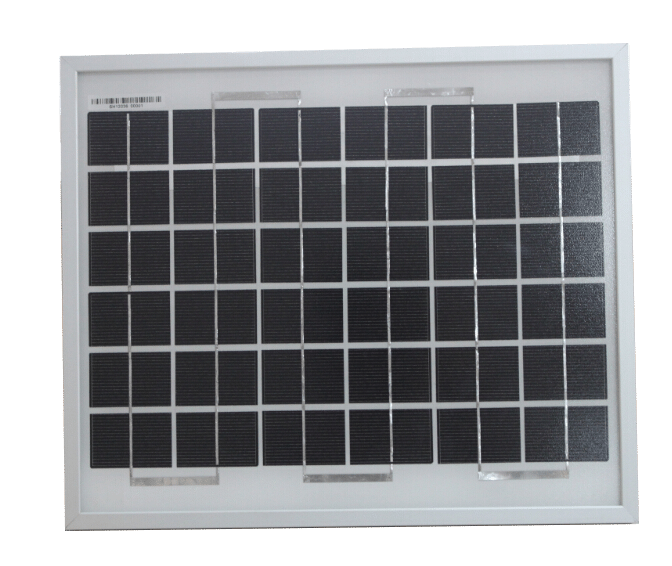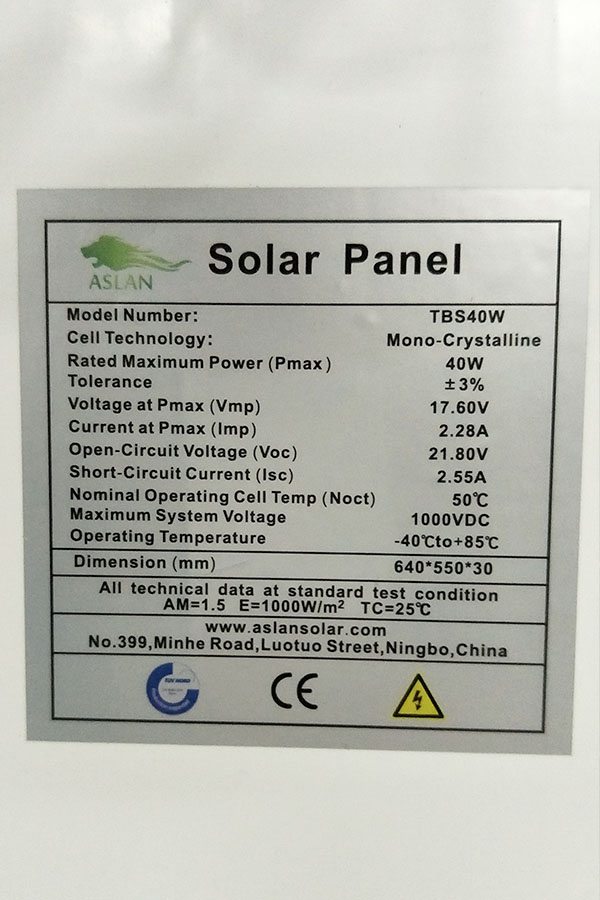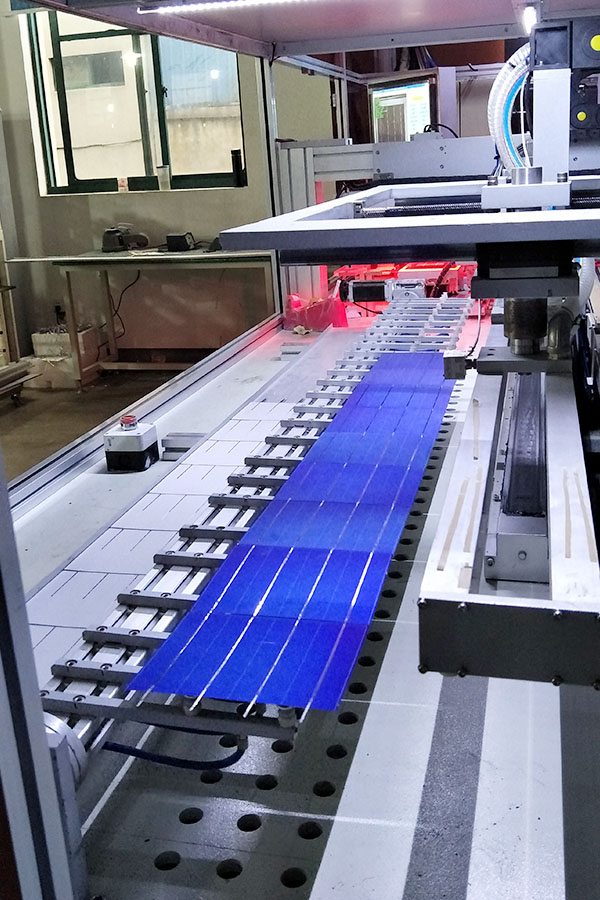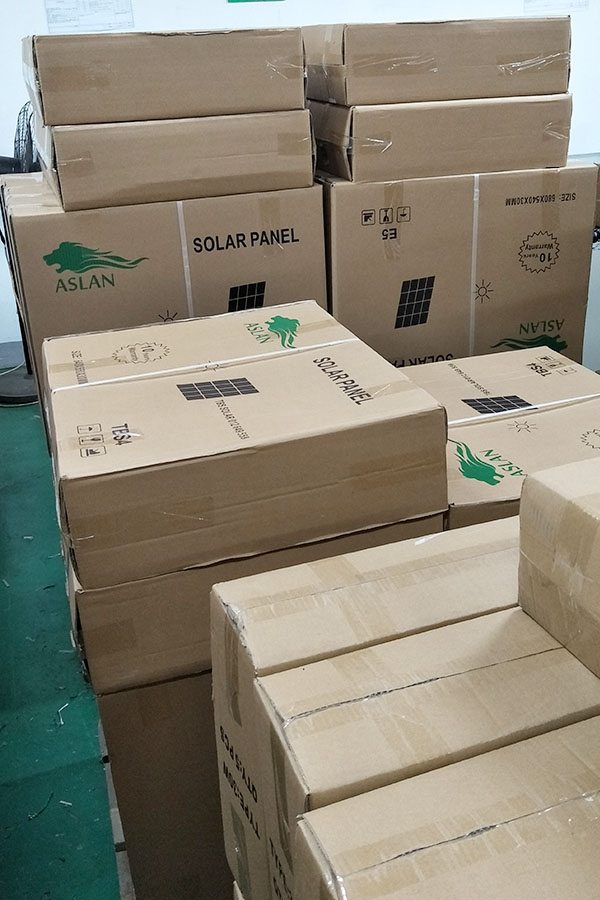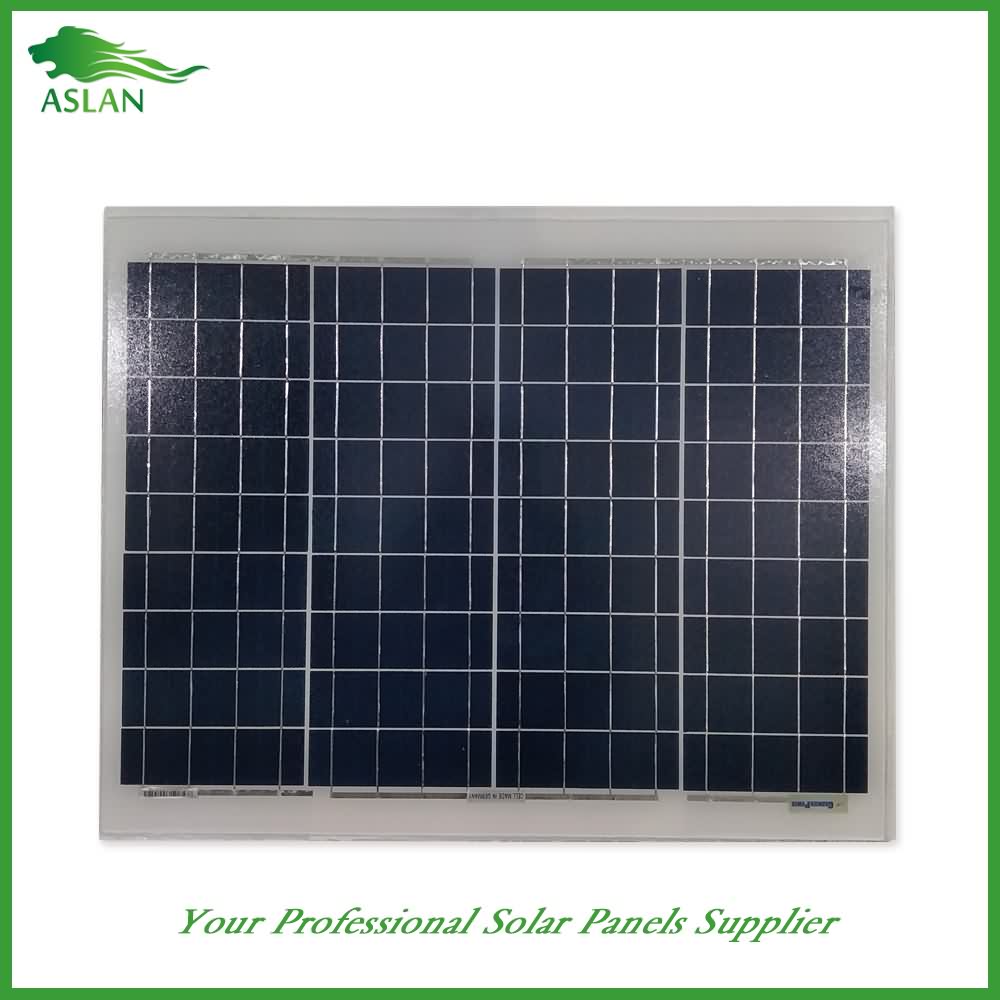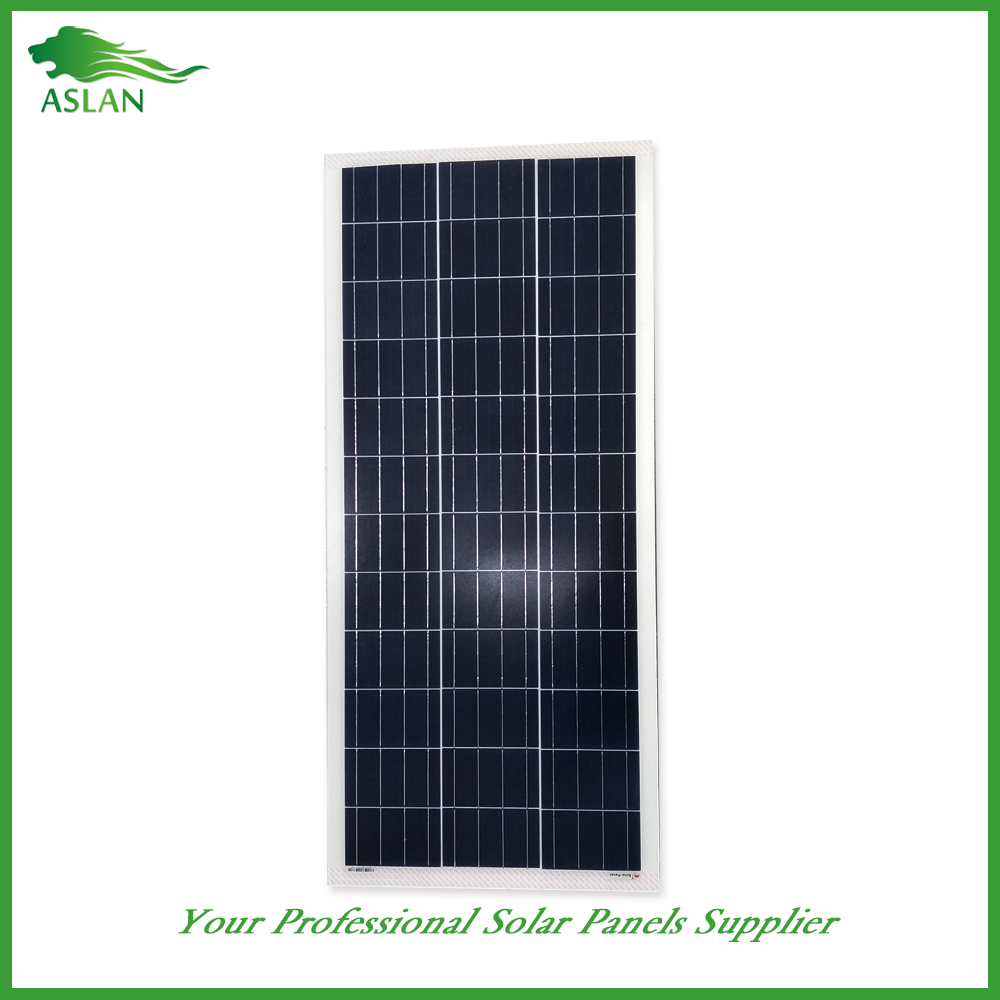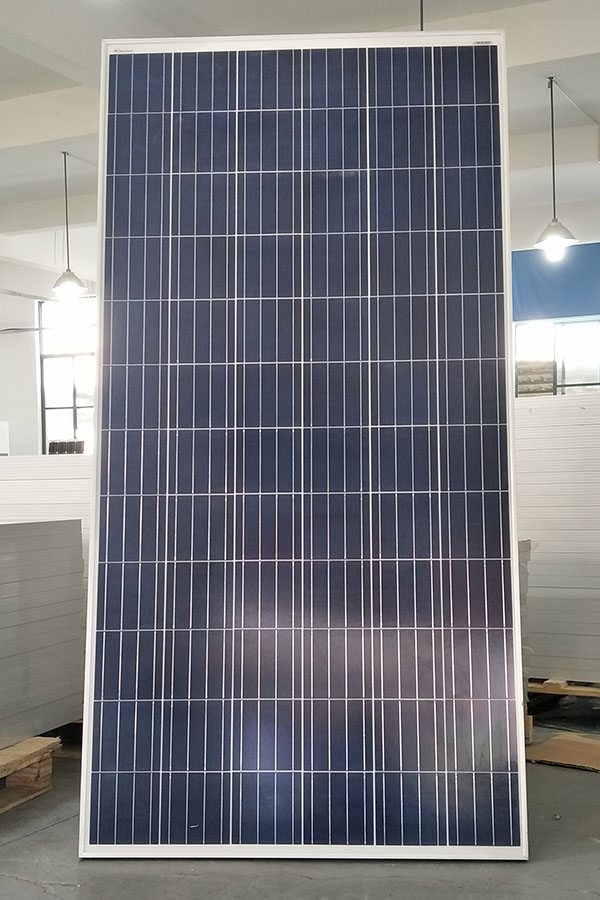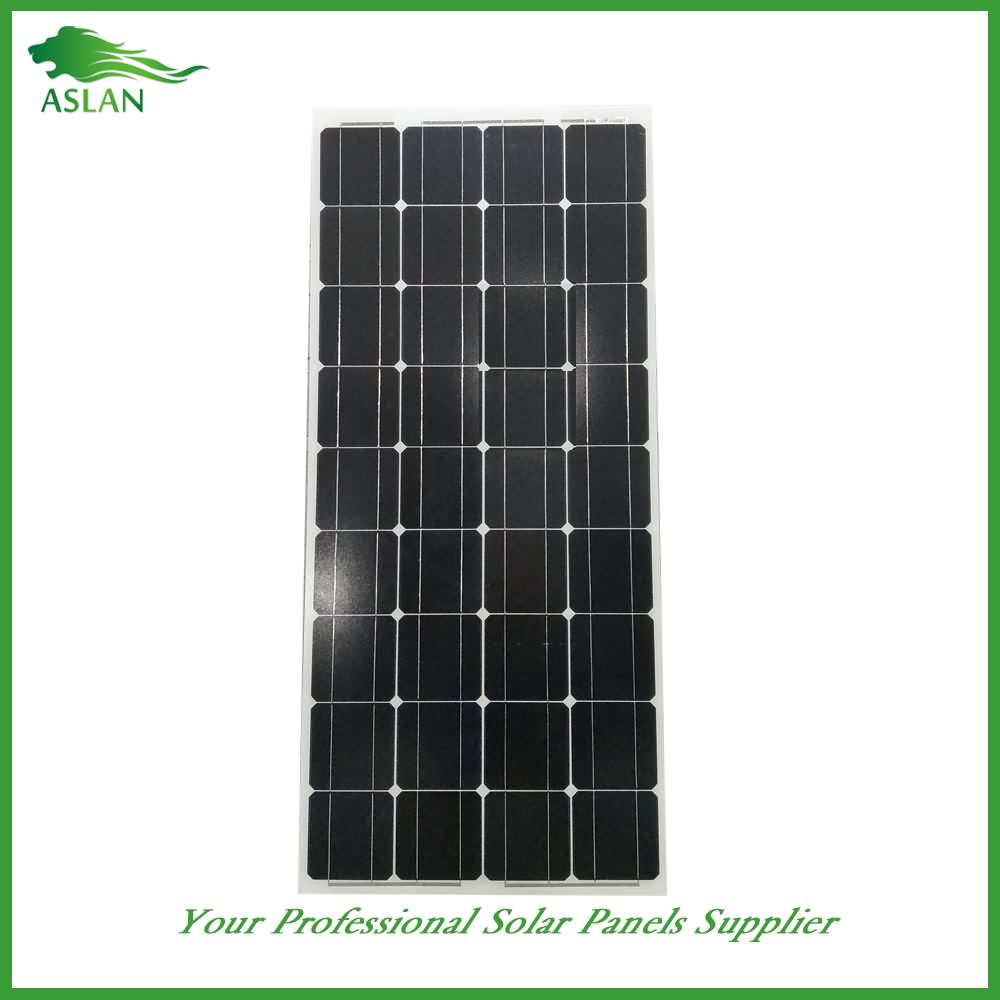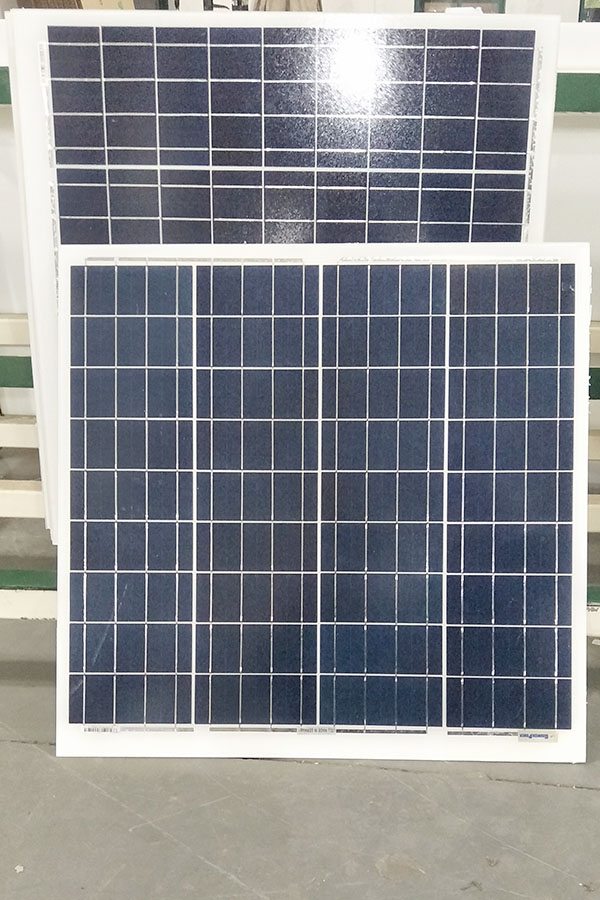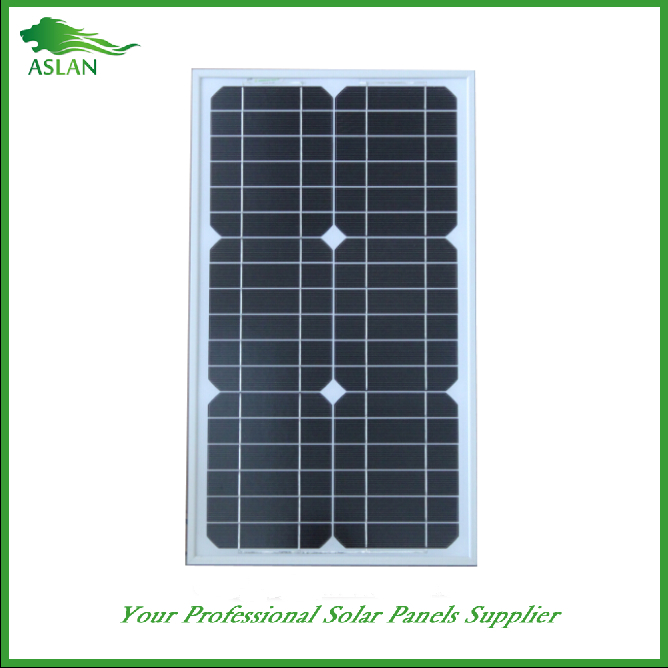Leading Manufacturer for Mono-Crystalline 10W Solar Panel Supply to Cambodia
Short Description:
We stick to the principle of "quality first, service first, continuous improvement and innovation to meet the customers" for the management and "zero defect, zero complaints" as the quality objective. To perfect our service, we provide the products with the good quality at the reasonable price for Leading Manufacturer for Mono-Crystalline 10W Solar Panel Supply to Cambodia, We sincerely welcome overseas customers to consult for the long-term cooperation and the mutual development.
Mono-Crystalline 10W Solar Panel
Technical parameter
Maximum Power(W) 10W
Optimum Power Voltage(Vmp) 17.56V
Optimum Operating Current(Imp) 0.58A
Open Circuit Voltage(Voc) 21.35V
Short Circuit Current(Isc) 0.64A
Mechanical Characteristics
Cell Type Mono-crystalline 52x35mm
No of Cell 36 (4x9pcs)
Dimensions 250x370x17mm
Weight 1.2Kg
Front Glass 3.5mm,High Transmission, Low Iron,Tempered Glass
Junction box IP65 Rated
Output Cable TUV 1×4.0mm2/UL12AWG,Length:900mm
Temperature and Coefficients
Operating Temperature(°C): -40°C ~ + 85°C
Maximum System Voltage: 600V(UL)/1000V(IEC) DC
Maximum Rated Current Series: 15A
Temperature Coefficients of Pmax: -0.47%
Temperature Coefficients of Voc: -0.389%
Temperature Coefficients of Isc: 0.057%
Nominal Operationg Cell Temperature (NOCT): 47+/-2°C
Materials of solar panel
1).Solar Cell——Mono-crystalline solar cell 52*35mm
2).Front Glass——-3.2mm, high transmission, low iron, tempered glass
3).EVA——-excellent anti-aging EVA
4).TPT——-TPT hot seal made of flame resistance
5).Frame——anodized aluminum profile
6).Junction Box——-IP65 rated, high quality, with diode protection
Superiority: high quality anodized aluminum frame, high efficiency long life, easy installation, strong wind resistance, strong hail resistance.
Features
1. High cell efficiency with quality silicon materials for long term output stability
2. Strictly quality control ensure the stability and reliability, totally 23 QC procedures
3. High transmittance low iron tempered glass with enhanced stiffness and impact resistance
4. Both Poly-crystalline and Mono-crystalline
5. Excellent performance in harsh weather
6. Outstanding electrical performance under high temperature and low irradiance
Quality assurance testing
Thermal cycling test
Thermal shock test
Thermal/Freezing and high humidity cycling test
Electrical isolation test
Hail impact test
Mechanical, wind and twist loading test
Salt mist test
Light and water-exposure test
Moist carbon dioxide/sulphur dioxide
Amidst power shortages and power cuts, every year you think of setting up a solar pv system in your house and something pulls you back. It may be lack of knowledge about solar pv that may be stopping you. With this video we want to provide you with some knowledge that can help you take the first steps. Here are some key points
First: What is solar pv system?
Solar PV is semiconductor material that takes light from sun and converts it into electricity. Please note, light is very important for it and it generates more electricity when light is more and less when light is less.
Solar PV system includes Solar Panels, charge controller, inverter and batteries if it is an offgrid system.
Second: What are various types of systems?
There are two types of systems: off grid and grid connected. In off grid systems all the electricity generated is stored in battery and is used locally. While in Grid Connected system there are no batteries. Some electricity generated is used and extra generated electricity is sold back to the electricity distribution company.
Please note: If you have an existing electricity connection electricity can be sold to grid only if your state has a netmetering policy.
Third: How much does a Solar PV system Cost?
A 1 kW system that can generate 4-5 units of electricity a day costs about 1-1.25 lakhs for a off grid system with batteries. A similar sized grid connected system would cost about Rs 75000-90000.
Fourth: How much area do I need for 1 kW system?
You need about 80-100 sq ft area for 1 kW system generating 4-5 units of electricity. If you have a larger area on your rooftop then you can accordingly adjust more capacity.
Fifth: How do I identify the size of the system that I need?
Your best bet is your electricity bill. Look at your electricity bill and see you maximum daily usage in any month across the year. That can give you the idea on number of units you consume per day. And do remember 1 kW system can generate 4-5 units a day.
Sixth: Can I use Solar PV with my existing inverter battery system?
You can certainly use your existing inverter battery system with solar pv. These days solar conversion kits are available in market that charge the batteries from solar when possible and when solar is not available it charges the batteries from electricity from the grid. This way you can take benefit of solar as well as use the grid when there is no sufficient light outside.
And last point for this episode: Are there subsidies available for solar?
Subsidies are available for solar through various central and state government schemes but they are hard to get as there is a priority list for approval.
Establishments of common use like educational institutes, hospitals, etc are higher on priority list than residential setups. MNRE advices people to setup rooftop projects without waiting for subsidies as there are constraints on availability of funds.
Finally a word of caution: The market is flooded with cheap bad quality products that may not last long, so please check for certifications of quality before buying.
This was the first video in series for solar pv. So keep watching for this space.
Music credits:
Title Kevin MacLeod (incompetech.com)
Licensed under Creative Commons: By Attribution 3.0
http://creativecommons.org/licenses/by/3.0/
Oscar®-nominated documentarian Werner Herzog (Grizzly Man, Cave of Forgotten Dreams) chronicles the virtual world from its origins to its outermost reaches, exploring the digital landscape with the same curiosity and imagination he previously trained on earthly destinations. Herzog leads viewers on a journey through a series of provocative conversations that reveal the ways in which the online world has transformed how virtually everything in the real world works – from business to education, space travel to healthcare, and the very heart of how we conduct our personal relationships.
